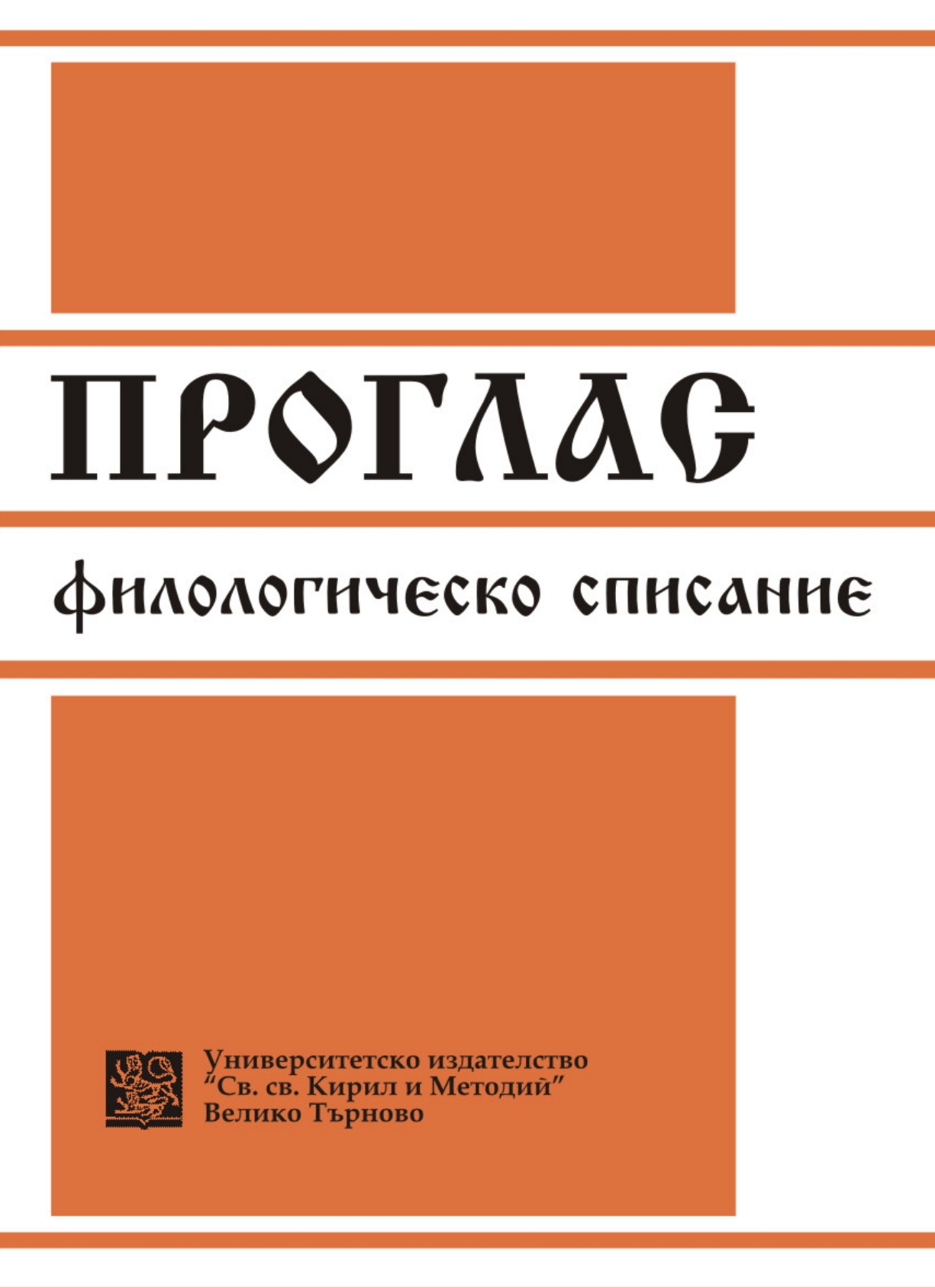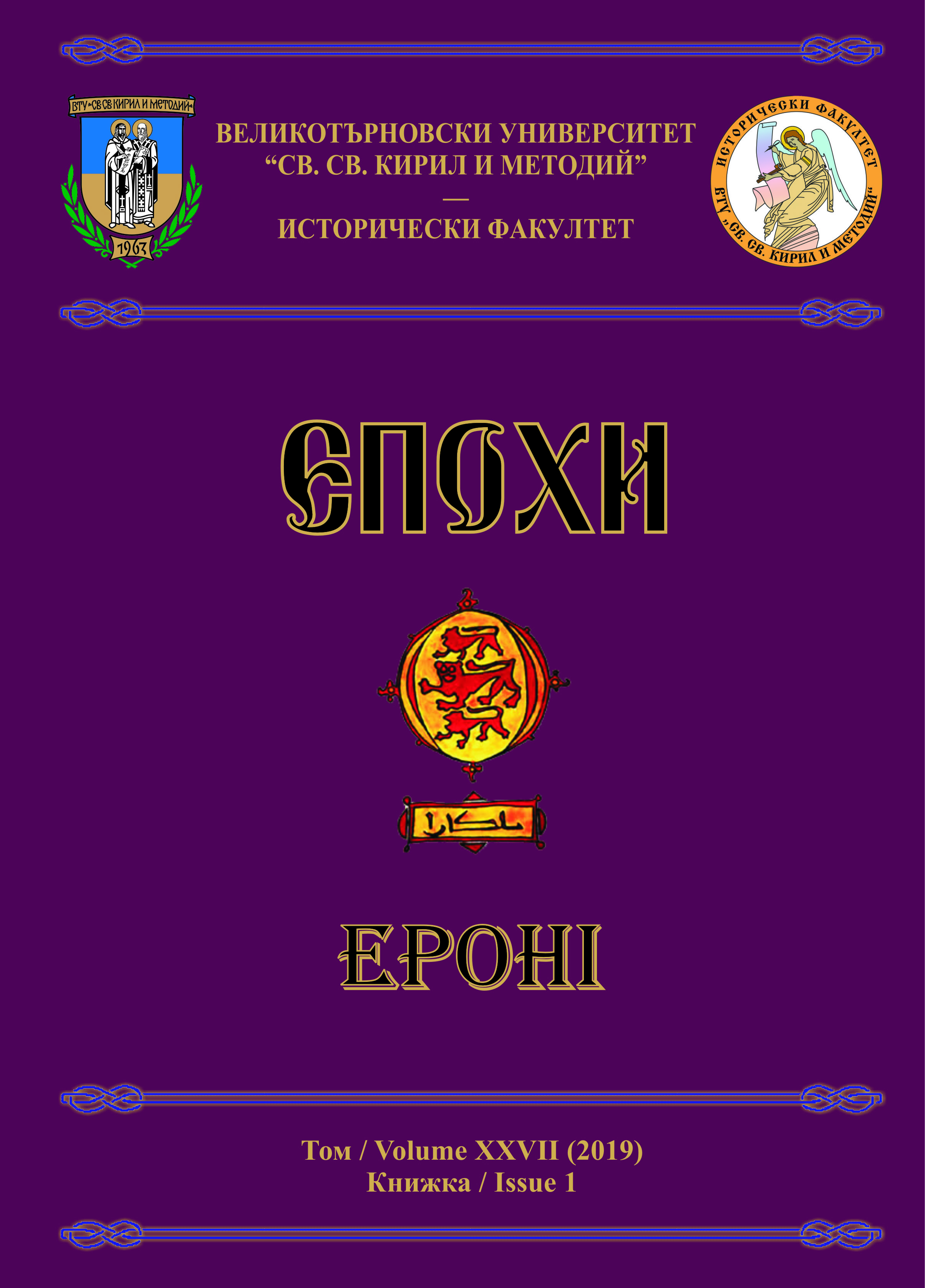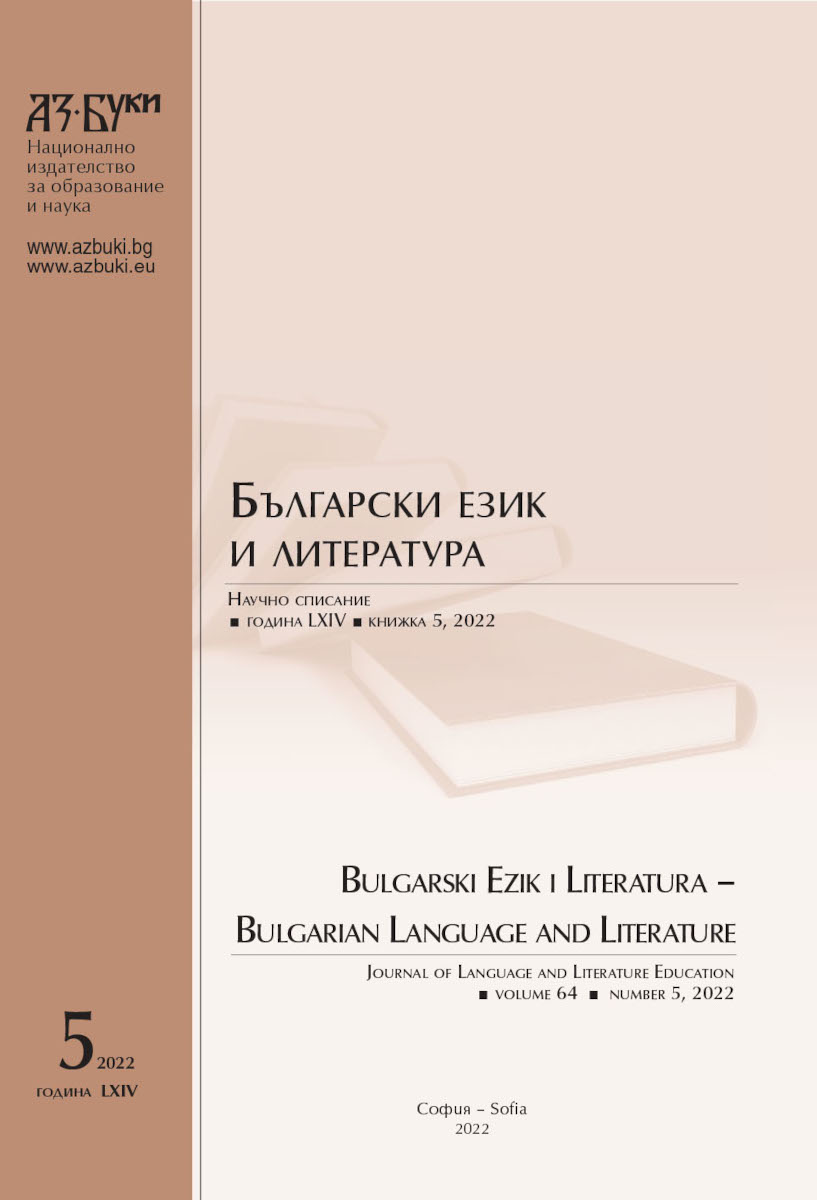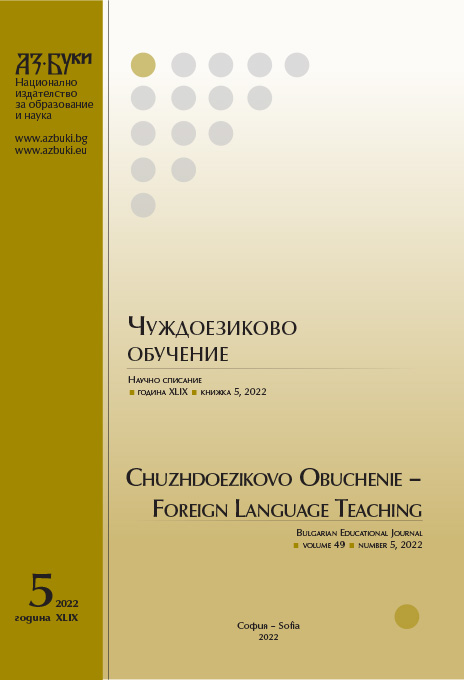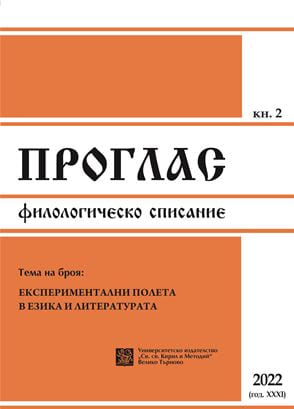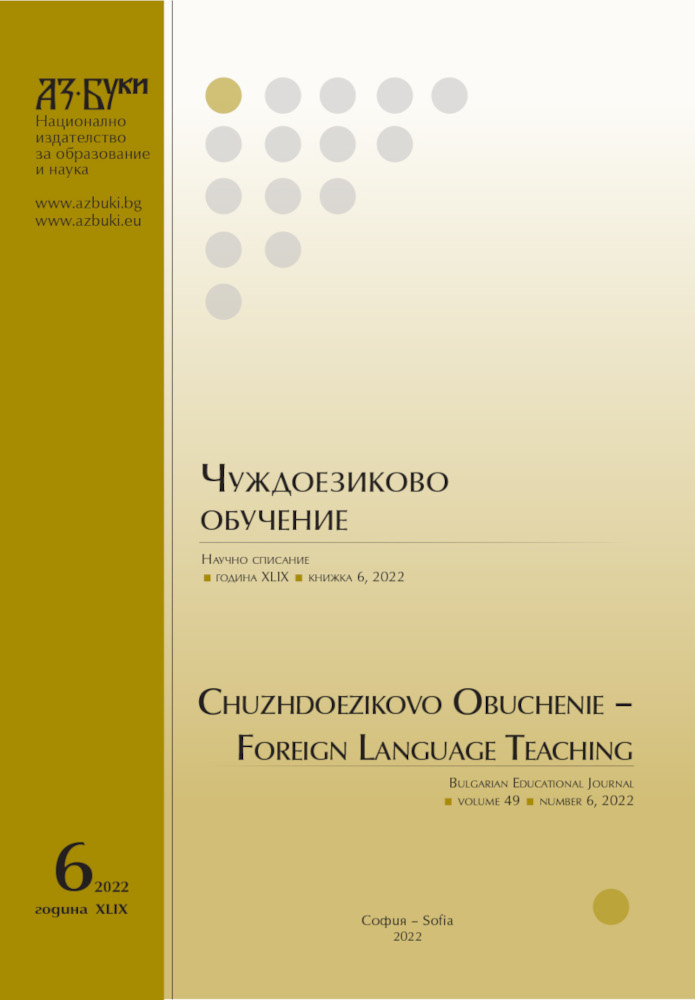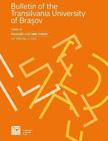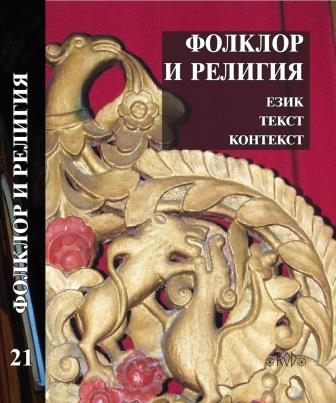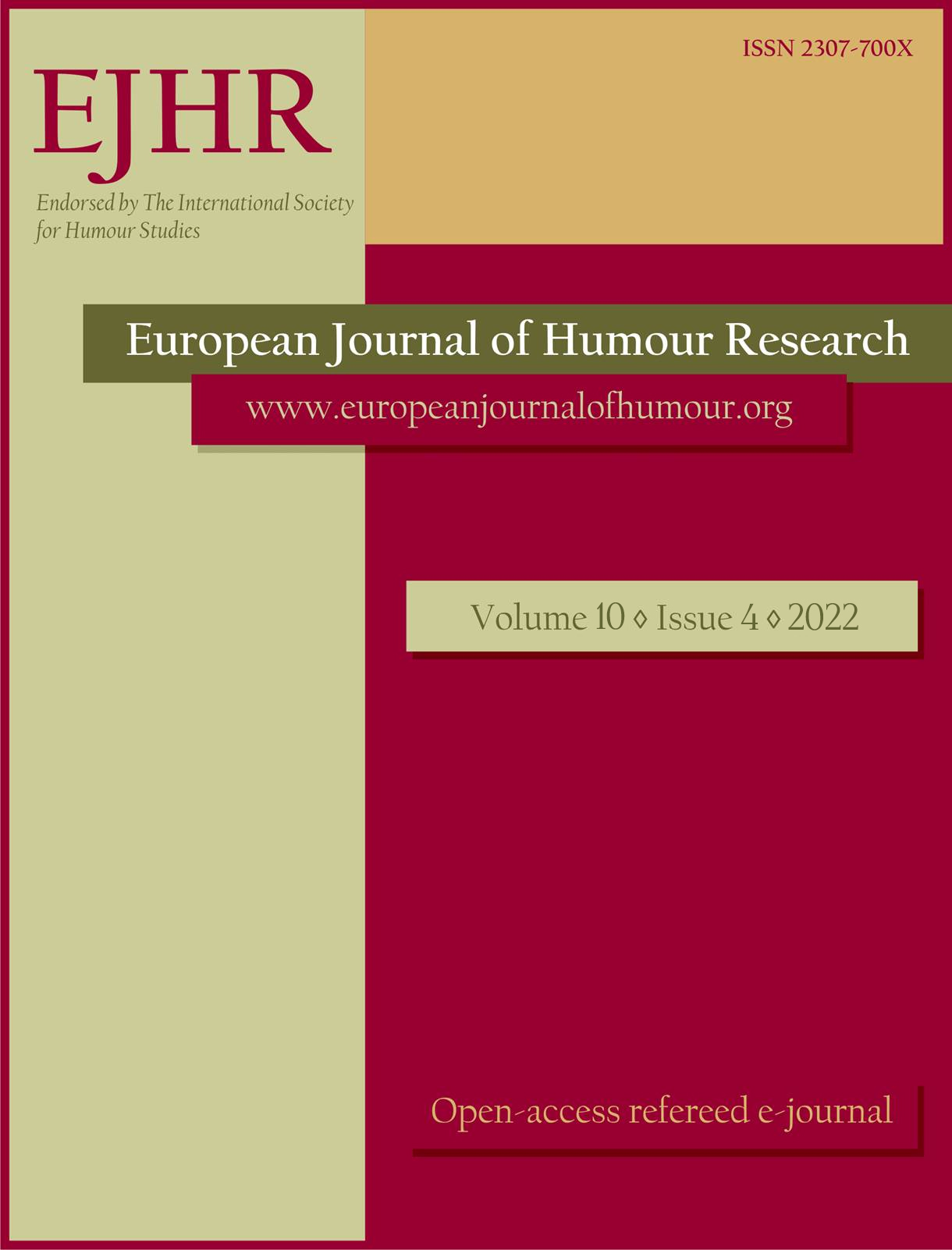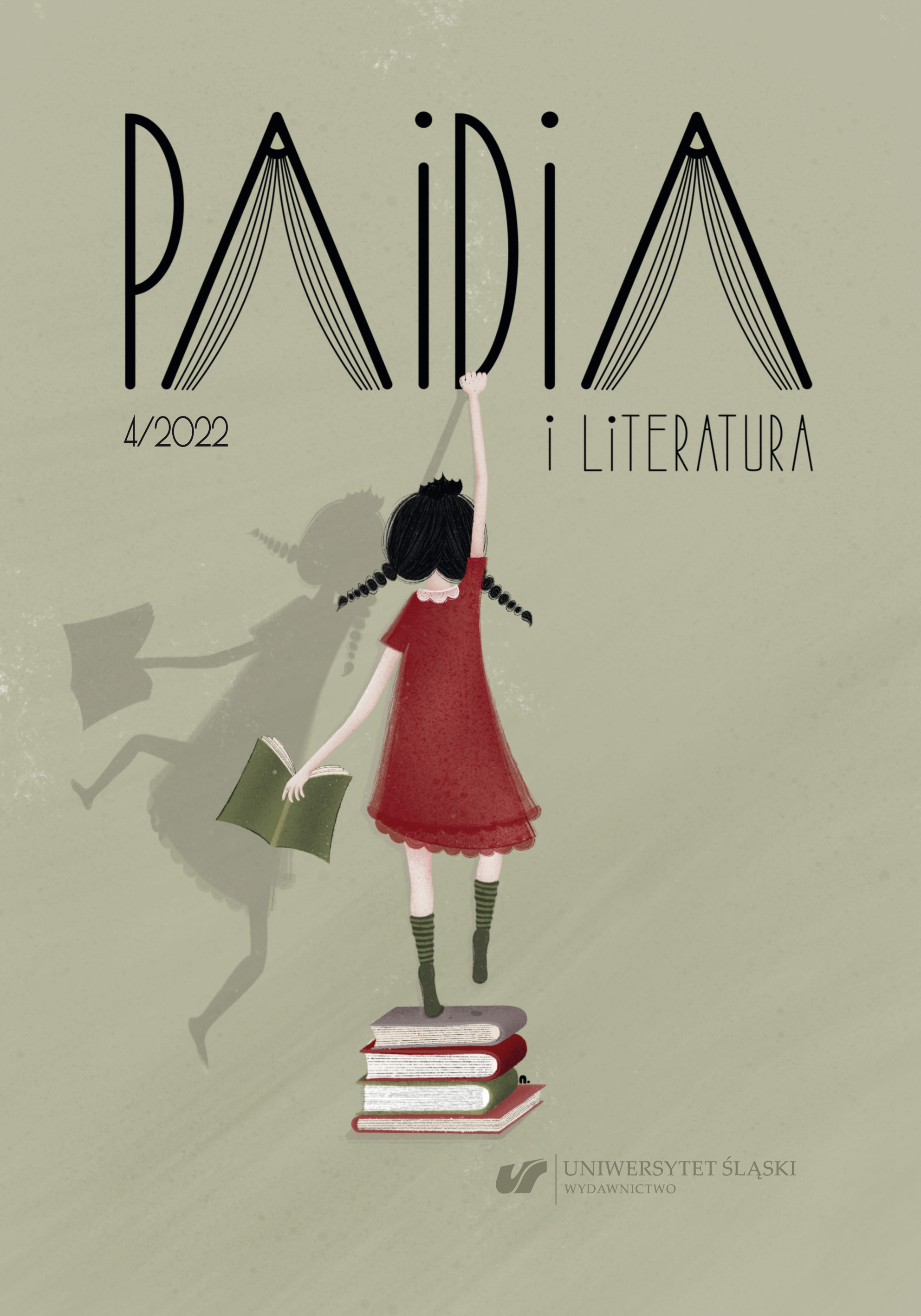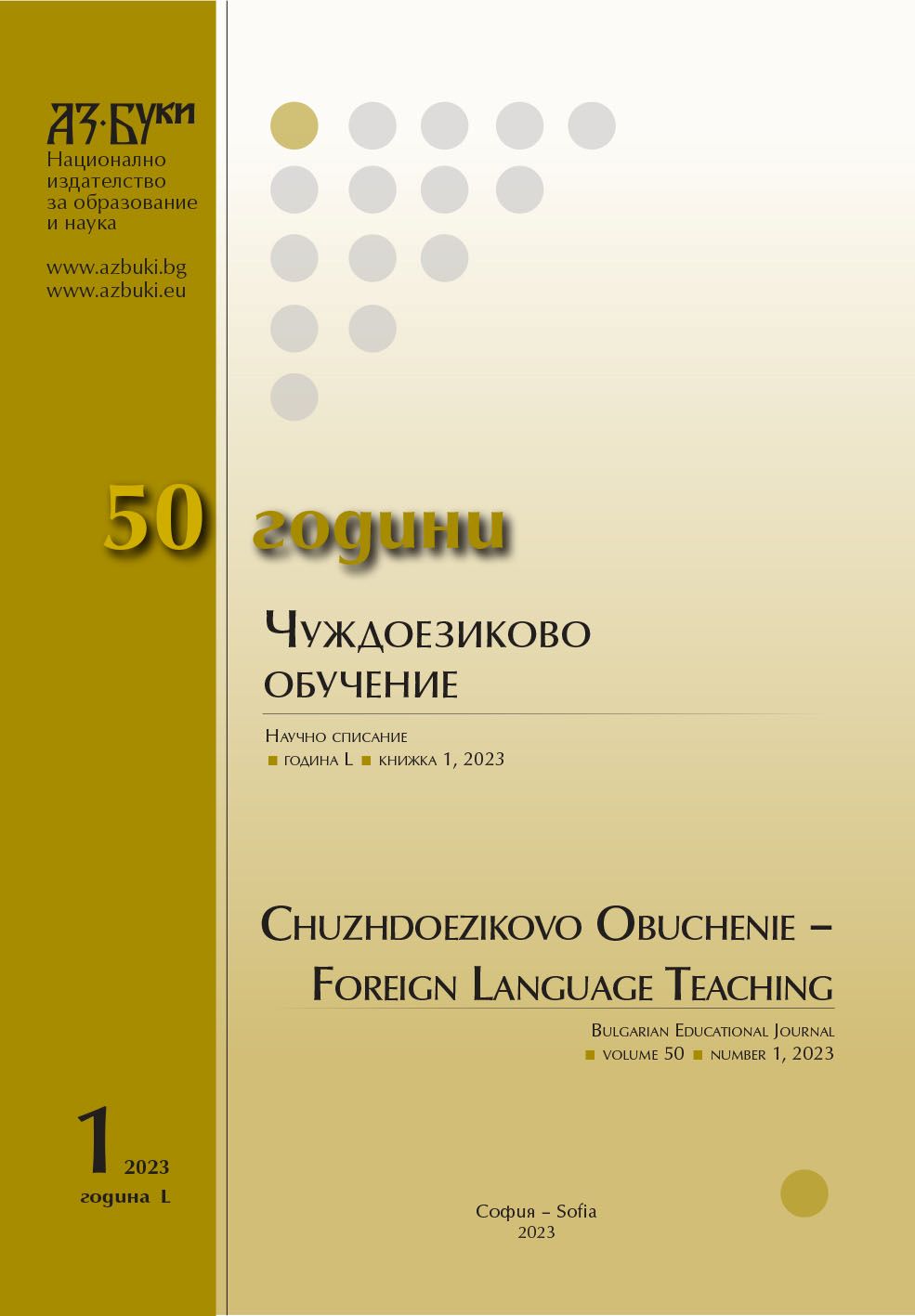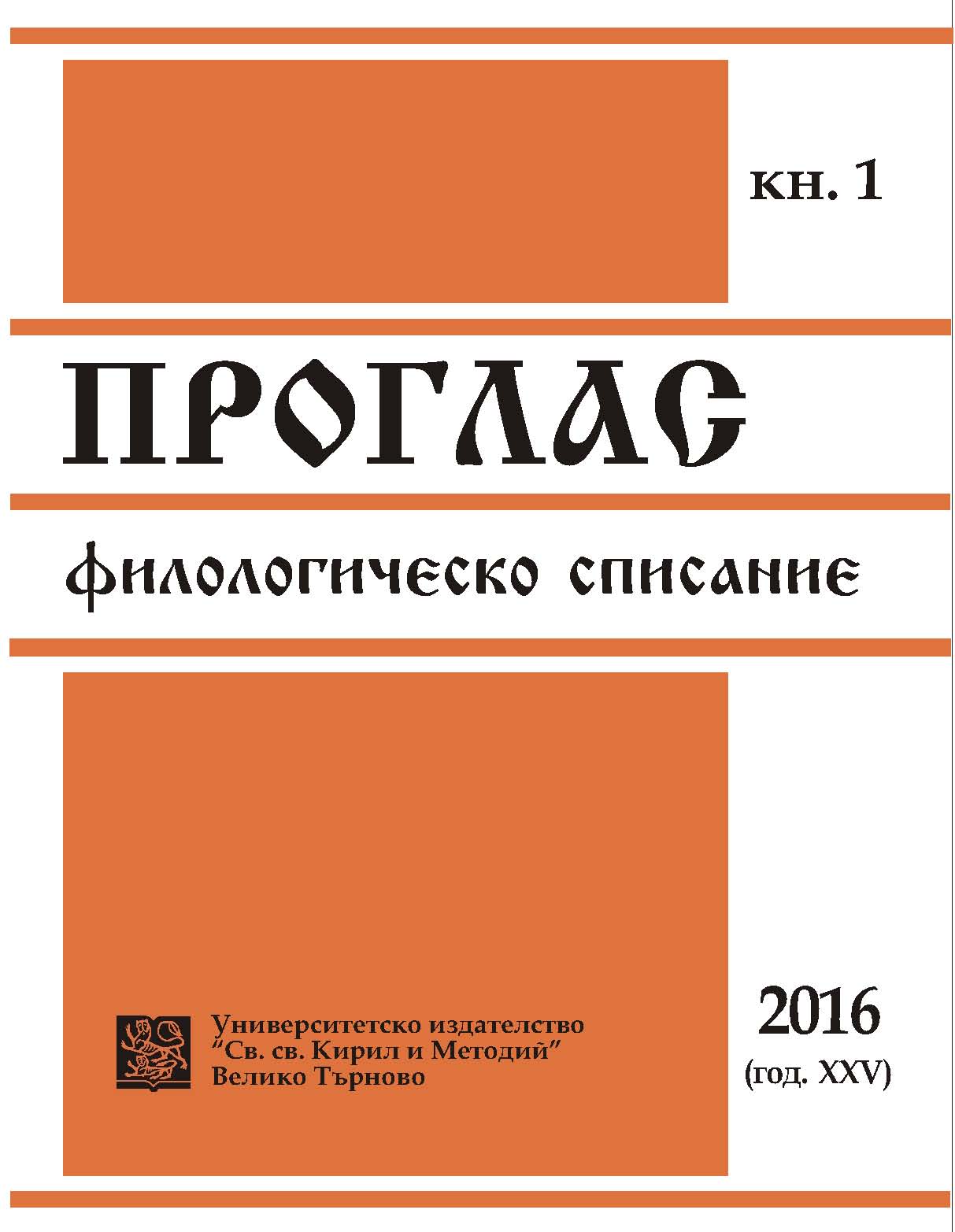
Стендъп представлението - структура и общуване между комедиант и публика
This article looks into the stand-up comedy routine while paying closer attention to its similarities with dialogue structure as opposed to a monologue. The ways in which closeness between comedian and audience is achieved, its rationale and the role of the audience are examined as well. Closer attention is paid to the specific framework of a stand-up show. The comedian’s job is not only to make people laugh but to make them feel like they are part of the act. Stand-up routine is analysed as a technique that makes it easier for the comedian to keep the audience constantly involved throughout the show.
More...
